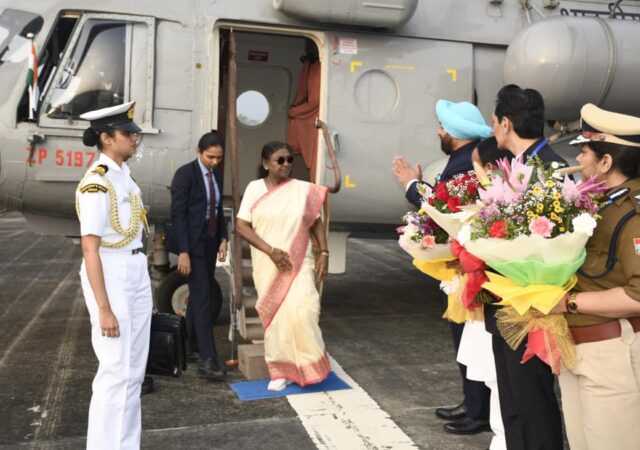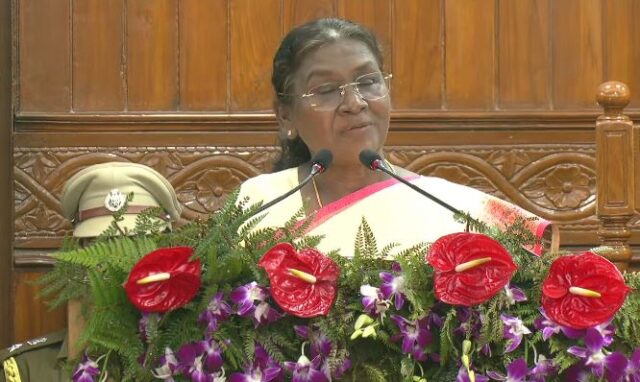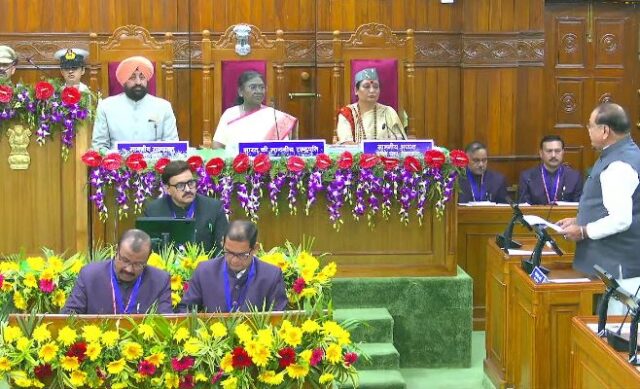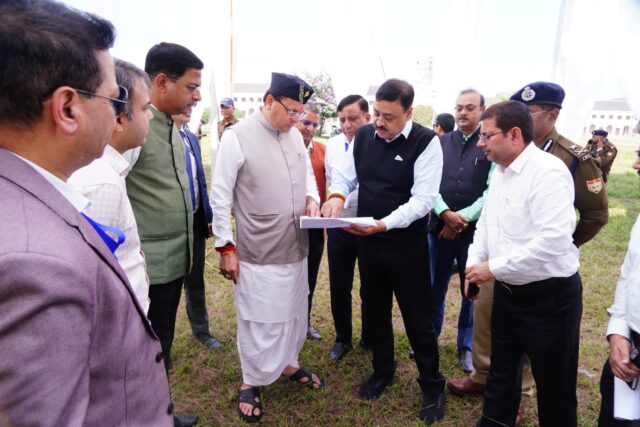Modi government in preparation to bring Uniform Civil Code, gave green signal to the states
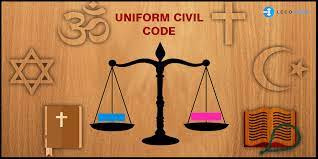
The central government has started preparations to bring a uniform civil code law for the citizens of the country. The central bill of this law can be introduced in the Parliament at any time in the coming time. As a test, the exercise of making this law has been started in Uttarakhand, in which a committee has been constituted. The draft guidelines for this committee have been given by the Union Law Ministry only. It is clear from this that the draft of the law is with the central government.
According to higher sources in the government, the civil code laws made in the states will be subsumed in the central laws later. Because to bring about equality, it is necessary for the law to be central. In the states, this law is being made on a trial basis. This is the first time that the government has said so clearly about the introduction of this law for the first time. Sources said that this law will definitely come but when and when it will come, that is the question.
The government intended to take a report from the National Law Commission on the Uniform Civil Code, but due to the non-functional law commission being reconstituted in 2020, committees are being formed at the state level. The format of the committee is similar to that of the Law Commission. These include former Supreme Court judge Justice Ranjana Desai, former Delhi High Court judge Pramod Kohli, former IAS Shatrughan Singh and Doon University VC Surekha Dangwal.
Sources said that this committee can also be formed in other states of Madhya Pradesh, Himachal Pradesh, Uttar Pradesh. These states have already agreed to a Uniform Civil Code. The reference points of the committee have been given by the Central Government.
When asked how to apply it to the tribals, because their laws are according to their customs. There are 10 to 12 crore tribals living in the country, of which around 12 percent live in the Northeast. At the same time, with the coming of the law, the income tax exemption given to the joint Indian family will end. Sources said that if we have to move forward as a country, then we have to adjust a little.
About 20 percent of cases will end
The creation of a uniform law would end the web of different laws and could automatically end about 20 per cent of civil litigation in the country. Because this law will be applicable to all citizens like IPC.
Law Minister: In this regard, Law Minister Kiren Rijiju said that bringing Uniform Civil Code has been one of the main agendas of BJP and it will be fulfilled at any cost. Preparations are going on in this regard, this law will definitely be brought.
What is Uniform Civil Code
Uniform Civil Code will lead to a common law on marriage, age of marriage, divorce, maintenance, inheritance, co-parenting, custody of children, inheritance, division of family property, bequest, charity, etc., for all citizens in the country. They should be from any religion or sect or faith.
Right now these laws are different for Hindus, Muslims, Christians and Parsis based on their religious texts. The laws of Hindus are based on Vedas, Upanishads, Smritis, modern ideas of justice, equality etc. whereas the laws of Muslims are based on Quran, Sunnah, Ijma and Qiyas. Similarly, the laws of Christians are built on the basis of Bible, conventions, logic and experience. The basis of the law of the Zoroastrians is their religious texts Zend Avesta and Rudis.
Some difference
In Muslim law polygamy (four) is allowed but in other religions the rule of one husband one wife is strictly enforced. Second marriage is a crime for Hindu, Christian, Parsi even if there is a valid reason like infertility or impotence and there is a provision of 7 years imprisonment under IPC section 494. There is no age limit for marriage in Muslim, girls up to 9 years of age can be married. Whereas in other religions this age is 21 years.
On the other hand, Parsis cannot divorce the marriage with mutual consent. Property laws are tilted in favor of men among Muslims while women have equal rights in Hindus. A will among Muslims can also be made of one-third of the property, that too orally. After divorce, the Muslim woman is given alimony only for a limited period of time.

